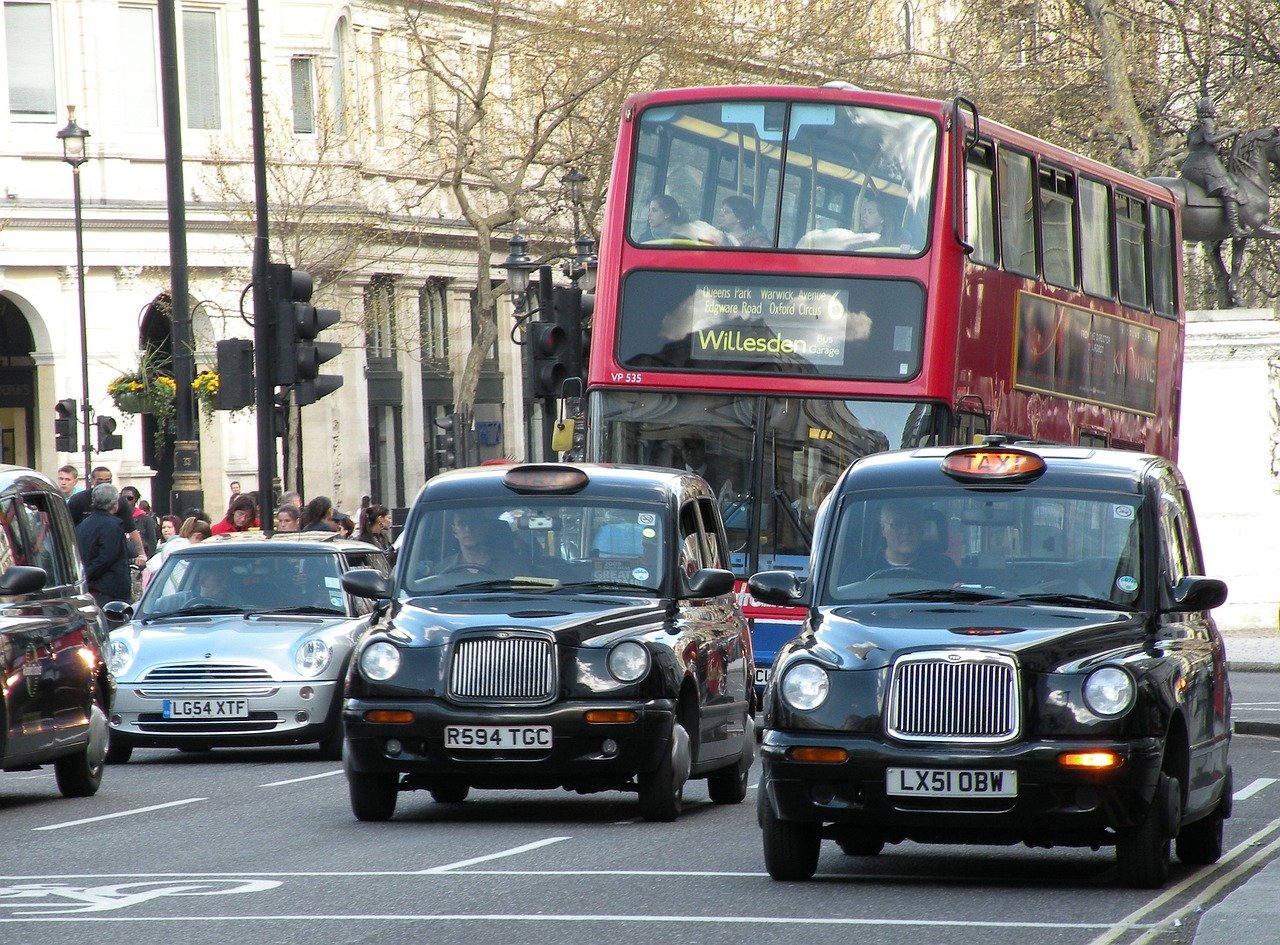A landmark Employment Tribunal ruling against ride-hailing platform Bolt has once again underscored the plight of Britain’s minicab drivers, many of whom belong to ethnic minority communities.
The judgement reaffirms that drivers working for a single app must be compensated for all time spent logged into the app, including waiting time – a basic right that has long been denied.
James Farrar, Director of Worker Info Exchange, expressed his concern over the ruling’s implications. “After years of litigation, the ruling confirms what neither the government nor licensing authorities seem to want to acknowledge: a quarter of a million minicab drivers in Britain are trapped in an employment relationship where they are systematically denied basic rights,” said Farrar.
The ruling builds upon the Supreme Court’s landmark decision against Uber, applying the same principles to Bolt.
However, the lack of enforcement from regulatory bodies has created a market environment where workers are exploited, and efficiency suffers. Current practices see drivers only earning for trips, leaving their waiting time unpaid.
This results in worker utilisation rates as low as 40–60% of their logged-in time.
Beyond the workforce, these operational inefficiencies have broader consequences. Excess congestion, higher emissions, and fatigue-related road safety risks have been identified as harmful outcomes of these practices. Farrar emphasised that the absence of regulatory oversight has caused not only worker exploitation but also market dysfunction.
With Uber holding over 70% of the market share, drivers now face difficult choices. Concentrating all their working time on Uber would secure payment for waiting time,
but risks further monopolisation of the rideshare market. Farrar cautioned that this could trigger significant competition concerns.
“This ruling highlights the urgent need for government intervention,” Farrar said, adding that the decision should compel lawmakers to address worker status in the Employment Bill. By doing so, the government can ensure fair treatment for drivers while creating a more balanced and sustainable market for ride-hailing services.
The ruling is seen as a step towards equity for drivers, but without robust enforcement and regulatory reform, it may not be enough to curb the systemic issues plaguing the industry.




